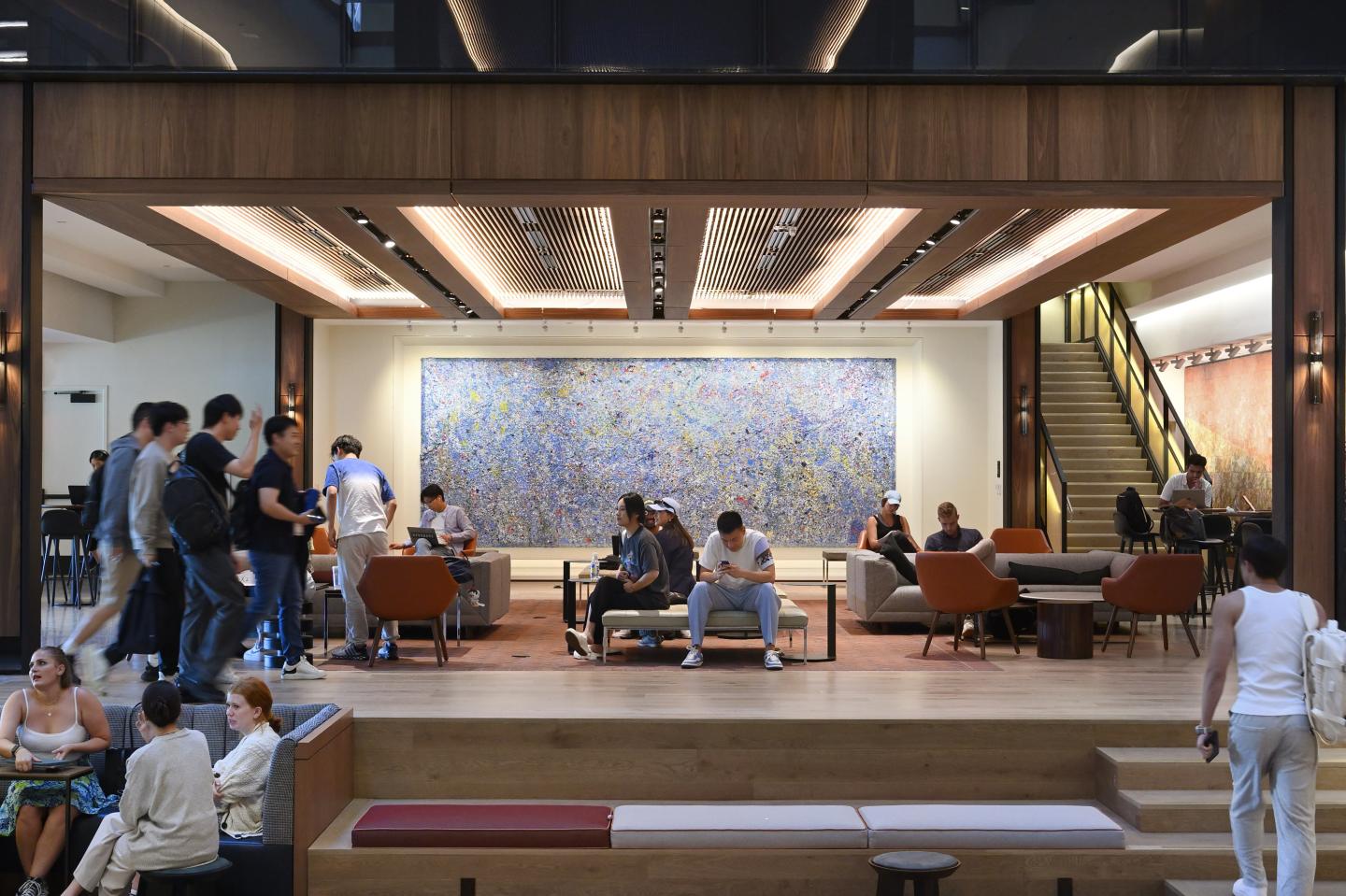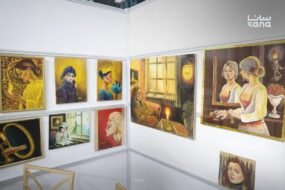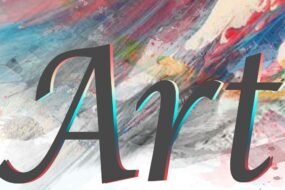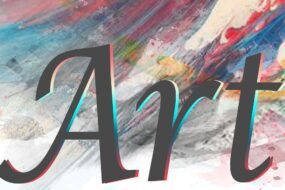
Today, Johns Hopkins University and the Sam Gilliam Foundation announced the launch of the new Sam Gilliam Lecture Series, to be hosted at the Johns Hopkins University Bloomberg Center in Washington, D.C. The series is being established to honor the artistic legacy and social justice commitments of the late Washington D.C.-based artist, Sam Gilliam. Launching in March 2025 and made possible by the support of the Sam Gilliam Foundation, the series will welcome prominent artists and speakers to the university’s Washington D.C. hub to reflect on the intersections between contemporary art, academia, and public policy, and the role art plays in advancing society. Speakers will be announced at a later date.
The Sam Gilliam Lecture Series will focus on topics aligned with the themes and issues addressed in Sam Gilliam’s life and work, including racial equity, democracy, and the transformative power of art. Leveraging the mission of the Hopkins Bloomberg Center—to connect knowledge and research with policymaking—the series will provide a platform for contemporary artists and policymakers to engage in meaningful conversations about the role of art in addressing critical social issues.
“We are grateful to Annie Gawlak and the Sam Gilliam Foundation for their support and partnership on this series, which fits perfectly with the Hopkins Bloomberg Center’s mission,” said Cybele Bjorklund, executive director of the Hopkins Bloomberg Center. “The series will create synergies between policy development and the arts, supporting important multidisciplinary conversations on key topics that will complement the Irene and Richard Frary Gallery, permanent art installations, and myriad arts programs hosted at the center.”
Gilliam (1933–2022) was a pioneering Black artist renowned not only for his great innovations in post-war American art, but also his deep commitments to issues of social justice, racial equity, and democratizing access to art. Having moved to Washington, D.C. in 1962 and living there throughout his prolific artmaking career, Gilliam had a long-standing and deep relationship with the city throughout the Civil Rights Movement and other periods of extreme change in the nation.
“Our partnership with Johns Hopkins University on this ongoing public program at the Hopkins Bloomberg Center highlights the role that contemporary art can play in advancing social and racial equity and supporting democracy,” said Annie Gawlak, president of the Sam Gilliam Foundation. “Throughout his life, Sam’s work lay at the intersection of art and advocacy, and he believed ardently in the ability of art to inspire and influence critical change. It is an honor to launch The Sam Gilliam Lecture Series in continuation of the activism Sam enacted throughout his career as an artist and educator.”

Image caption:A Lovely Blue And!, acrylic and mixed media on canvas; Sam Gilliam (b. 1933, Tupelo, Mississippi, d. 2022, Washington, D.C.)
Image credit: Will Kirk / Johns Hopkins University
The Hopkins Bloomberg Center is home to a permanent, large-scale installation by Gilliam, entitled A Lovely Blue And ! (2022). Among the final works created by the artist in the months before his death, the work encapsulates Gilliam’s belief in the efficacy of abstraction and the value of risk-taking. On public view in the center’s pre-function space on the ground floor, the monumental painting—which measure 8 feet by 20 feet—exemplifies Gilliam’s expanded notion of the canvas as a three-dimensional object, showcasing the signature beveled-edge format he debuted in the 1960s and returned to in his later years.
The lecture series is being announced in tandem with the grand opening of the Irene and Richard Frary Gallery, situated within the Hopkins Bloomberg Center and presenting rotating exhibitions drawn from the university’s collections and special exhibitions in partnership with leading museums and collections. The gallery opens to the public on Wednesday, Oct. 23, with the inaugural exhibition “Art and Graphic Design of the European Avant-Gardes,” which will bring together rare books, prints, photographs, ephemera, and abstract works from across geographic boundaries, linguistic differences, and urban and periphery areas to demonstrate the international exchange of ideas among European avant-garde artists who helped define new visual vocabularies in response to a world transformed by the modern, post-war age.










